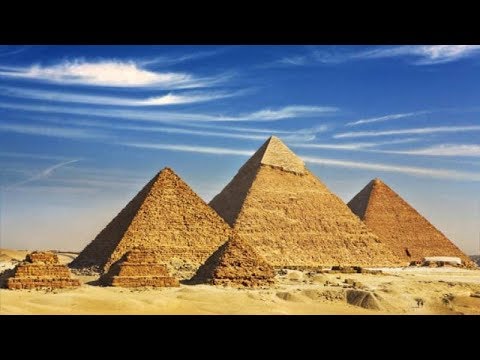Taking into account the difficulties of finding resources in certain dialects, Grammar, the script, culture differences. (For an English speaker)
What’s your guys take on this?
I only took a year of it in college over a decade ago, so I’m no expert, but I’ll give my take on it.
After getting over the initial hurdles of learning the script and the pronunciation, I didn’t find the language really too much harder than the French I was also taking at the time. But without a teacher giving you the pronunciation of each word, it would’ve been harder. Although nowadays there’s LingQ so maybe it wouldn’t be so bad?
Arabic is similar to Chinese in that there is a large continuum of dialects that share a written language. In either language, as far as I know, when you encounter a new word, you don’t know how to pronounce it. In Arabic you have more clues than Chinese because you’re given some of the letters, but you really need to hear the word or be familiar with the pronunciation rules of one of the dialects. In that sense I think Arabic is easier than Chinese. Chinese also has tones to deal with, which, at least for me was always a struggle and why I keep starting and stopping the language. Perhaps with more experience in the language, those difficulties ease up and guessing the pronunciation of new words gets easier? I’m not sure.
When you learn Arabic, it seems you have to learn Modern Standard Arabic and one of the local dialects, which can be quite different than MSA, so it kinda feels like you have to learn two languages to get one. In that sense I think Arabic is harder than Chinese, or at least more work.
In the end, they’re both challenging in their own way, and as I’ve never been past A2 in Arabic, or A1 in Chinese (1 semester+off and on later), I can’t comment and how the learning curves actually change as you reach higher levels.
It’d be interesting to hear from someone who’s native language is far removed from Arabic and Chinese, but has learned both to a reasonably high level.
There is a good video on this topic. The author’s experience learning Arabic is interesting, to say the least.
His Arabic lessons start here: https://youtu.be/bDckOBtxB5s?t=2624
Great videos! Thanks Sergey
أهلا و سهلا يا رفيقي
I use three tools for learning Arabic, by which any means I’m not far at all in my Arabic studies, but I make my way through news articles, stories and conversational dialogue. I’m not a master language learner either.
This is what has helped my learning so far.
-
I only consume vocabulary in context, there is no point to me to study vocabulary out of context unless I’m working on mimicking a speaker. All forms of media, conversations, are authentic and real as I further progress up the ladder.
-
This is the key to how I got there. The measures chart The Arabic Student: Arabic Measure Chart
Print yourself out a copy and start learning the roots and the patterns in every word you come across. Is it Measure II, then the word follows the Verbal Noun pattern and equals (ex. فتش to search and تقتيش means searching or inspecting, you see the pattern and now can identify this in words to come. It is a daunting task at first, but if you stick to it and combine it with vocabulary in context, Fusa and Dialect will begin to bridge and become a lot easier. -
Third and final to accompany your measures chart is the Hans Wehr, you can go to http://thearamaster.com/ here and use this to look up roots in a filled out measure chart which will help you understand the roots system far better. But if you do commit yourself to Arabic invest in an app or the actual book and learn to look up roots and you will gain far better understanding of how mathematical and logical Arabic is.
These are my tools because the roots are the key to the language. These tools paired with LingQ make understanding the exact meaning of Arabic seamless and easy. I hope this peaks your interest and helps your or others in your studies.
But to answer your question above, in my opinion it is not one of the hardest languages especially if you align yourself with a dialect in the Middle East. The farther West you go, the more juxtaposed they tend to become. It’s just one writing system whereas you have Japanese with multiple writing systems, and Chinese with memorizing and producing the characters to be able to get your written point across plus its tones. It is still a hard language don’t get me wrong.
Good luck in your studies,
jaysonn10
As a native Arabic speaker I think the most difficult parts of learning Arabic are learning the unique Semitic sounds like: ط - ح - ع - غ - ق and learning the script. Most learners who I met in Amman, Jerusalem and Bethlehem told me that the language becomes much easier after that stage.
